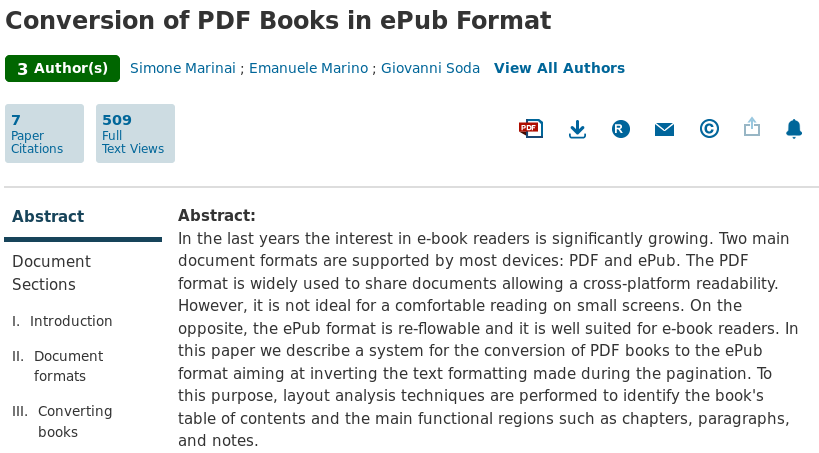There are places where your content will not only be relatively safe, but also it will be scrutinized for you for free and it will be possible for your content to be used by the entire civilization.
In this article, I present several propositions of where your content could be put.
Personal blog
Main idea: James Vaughan: Reading, Writing, Making
Encyclopedia
- Encyclopedia Britannica: Rootkit
News
- Hacker News, news.ycombinator.com
Programming recipes
-
GitLab: https://about.gitlab.com/2016/01/26/call-for-writers/
-
DevZone: https://dzone.com/
-
Auth0?: https://auth0.com/guest-authors
Linux recipes
ML
Security
Physics
- Quanta Magazine, example articles:
- Phys.org (unknown contribution scheme)
Lifestyle
- ArtOfManliness.com
Products
- GitHub.com/kocielnik
Prototypes
- GitLab.com/kocielnik
Scientific articles
Article drafts
/draftssubdomain on your personal web site
Discussion
I coach tech startup CEOs (and tech investors) in Silicon Valley, most of whom are young technical founders. They include the CEOs of Coinbase, AngelList, CoinList, TrustToken, Bolt, Shogun, Speechify, etc.
In my coaching, I found several things:
- Becoming a great CEO requires training.
- For a founding CEO, there is precious little time to get that training, especially if her company is succeeding.
- While there are many books out there with excellent and relevant knowledge for the founding CEO, there is no single book that is a compendium of all the things she needs to learn.
- My mentees and I repeatedly solve the same core issues together.
In this book, I have simply written down the solutions that we came up with. And hopefully it will serve as a compendium so that you can become a great CEO in the very little time you have to do so.
-- Startup coach's introduction to his book, "Founder to CEO: Matt's Book for Startups", Matt Mochary
Needed solutions
It is observed that experts in their respective fields find it significantly time-consuming to preview their drafts, prepare prototypes of, and typeset, their publications.

-- IEEE Xplore: Conversion of PDF Books in ePub Format
Pandoc has been an important step towards unification of document preparation, just as the previous significant step was the LaTeX macro system and the yet previous - the TeX typesetting language prepared by Donald Knuth.
Currently, scientists still crave a unified solution for publishing of their content in appropriate formats - a tool that will let them concentrate on doing their research well and then in a few clicks - typeset their ready products and. Of no less importance is the needed feature for the typesetting system to enable the to make small - or sometimes even large - corrections to either the content or the format of the document, each without affecting the other aspect of the work.
Also related: Best tool for the job: How to select an appropriate eBook format
